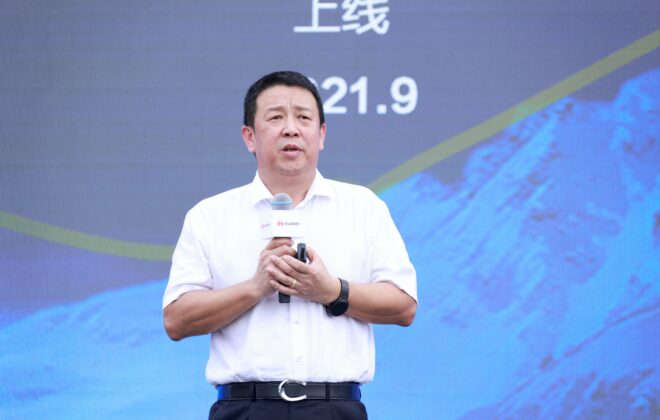Success for Caribbean Economies Relies on a Harmonised Regulatory Approach & Single ICT Space
This was the message coming out of the CANTO Annual virtual Conference session – successful strategies for regulating Big Tech held on Thursday 29thJuly, 2021.
The pace of digital acceptance and transformation is red hot across the Caribbean as the COVID-19 pandemic forced new thinking and new ways of doing things. Unregulated Big Tech companies are on the verge of dominating every service imaginable – from food and grocery delivery and medical consultations to media, communications and transport and tourism. There are examples of many regions around the world which are now taking action to protect consumers and local economies from abuses by digital companies that have happened because of the absence of regulation. The Caribbean needs similar regulatory protection to be able to survive and thrive in the new global digital economy. A distinguished high-level, international panelists summarized as follows:
Michel Ledger of Cullen International: To date, supervision of digital services is ineffective and they have been unsupervised. In Europe, countries such as the UK, Germany and France have introduced online safety laws that require digital platforms to appoint local representatives and remove illegal and harmful content or face fines.
Professor Alexandre de Streel of the Centre of Regulation in Europe: Competition law is now an important tool that regulators use in the US and Europe but this needs to be complemented by regulation to protect against the abuses by the digital platforms.
Professor Anthony Clayton of the Broadcasting Commission of Jamaica: social media has given terrorists the most powerful weapon in their arsenal; Russia, China, North Korea: messaging to encourage division, conspiracy theories, undermine democracy; ‘Platform criminality’ estimated at ~US$1.5tn/year; platforms and social media used for trafficking narcotics, counterfeit goods, money laundering, tax evasion. New laws in the UK, Germany and Australia require social media platforms to remove harmful content with fines and even imprisonment for failure to comply – and the Caribbean needs similar rules.
David Geary, General Counsel from Digicel stated that “the Caribbean needs to look to the examples from other countries and introduce fair competition rules and rules on illegal and harmful content in ICT laws in every Caribbean country. The single Caribbean ICT space cannot be a wild west where Big Tech companies are free to experiment on Caribbean consumers.”




